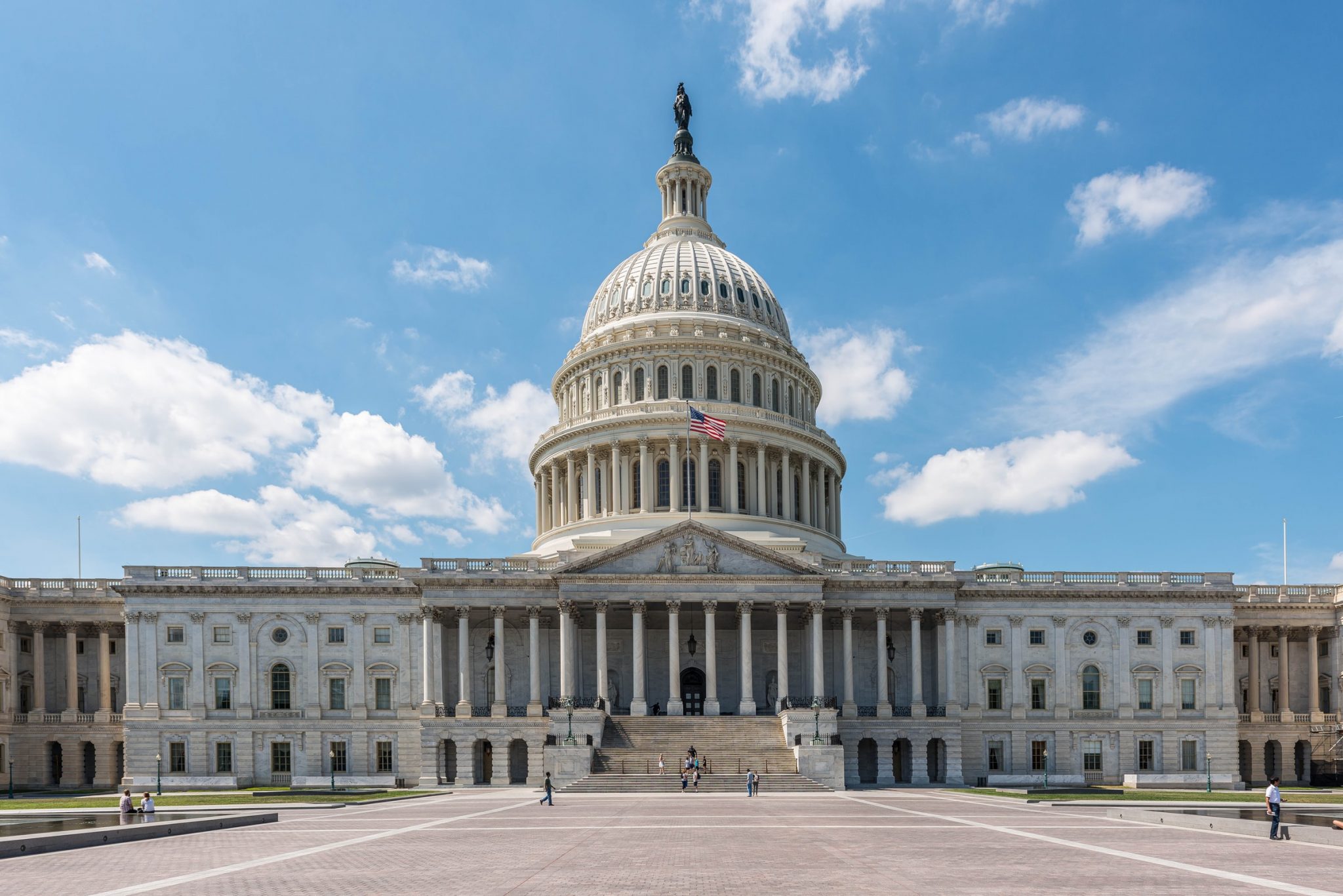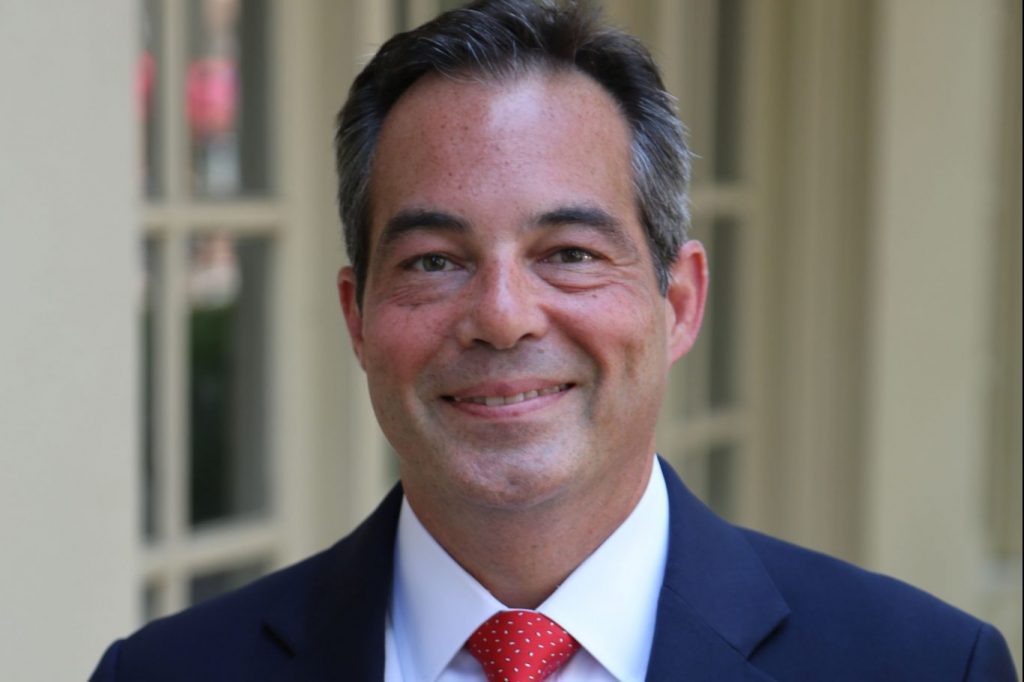Skift Take
The Global Business Travel Association's latest lobbying round involves a lot of practical measures, but time is running out.
There’s no silver bullet for fixing the fallout from the pandemic, a leading corporate travel lobbyist has warned.
Having ensured the “four pillars of travel” — namely airlines, agencies, hotels and ground transportation firms — were represented during the creation of the $2.2 trillion CARES Act, Shane Downey is focusing on virus testing and corporate travel liability.
It’s a challenge, not least because the heart of the U.S. government remains off-limits. Lobbying isn’t what it used to be.
“It’s odd. In normal terms, you’d be up there in Washington doing things,” Downey, vice president, government and community relations at the Global Business Travel Association, told Skift. “Now we’re all doing it from our spare bedroom, via calls, text messages and email, and just trying to push it forward. It’s hard for legislators and elected officials to get to know each other, break down those preconceived notions we have about each other, and the different parties.”
Join Us For Our Skift Global Forum Online Conference September 21-23
Downey has lived near Washington D.C. in Alexandria, Virginia, since 1995, straight after graduating from college and hunting for a job as an unpaid intern. “I just walked into the Capitol. It’s always been that way, and that’s always been the most remarkable thing that, even during 9/11, there were security measures, it was still very accessible.”
Testing, Testing
Despite the closed doors the lobbyist was pleased with the CARES Act outcome, but admits there’s still much work to be done. The next phase is a call for widened testing capabilities and requirements across the European Union as a better alternative to blanket travel restrictions.
The association thinks increased testing is needed to restart travel safely, to restore confidence and revive travel demand while preventing new waves of infection.
“We’re trying to work with the different governments, make sure they’re talking among each other, so as we see increased testing, and markets open again, we want to see that reciprocity and coordination of what different countries are looking at for travel to resume,” he said.
Some corporate travel agencies are also wanting to have their say, collectively urging the U.S. government to fully support a national Covid-19 testing, contact tracing, and open data program in an open letter published on July 30.
“Restarting international travel is so important for business travel. That’s why there’s conversations with other governments, over ensuring coordinating what their standards are, and trying to get a handle on the virus,” Downey added. “And we’ve always asked for reciprocity, whether it’s the visa waiver programs, or passports, or trusted traveler programs.”
The same applies to U.S. domestic travel, and Downey is concerned how some states seemingly target other states with quarantine rules, which hinders business travel’s recovery.
According to an association poll, 98 percent of its member companies said they had canceled or suspended all international business travel, while 95 percent had canceled or suspended all or most domestic travel.
On August 3, the association published a letter to Congressional Leadership which as well highlighting testing, called for additional financial relief. It said many small businesses in the travel ecosystem still have not been able to access the Paycheck Protection Program, and so it wants this extended to the end of the year.
Looking At Liability
As well as Covid screening, there’s the thorny issue of liability — a particular concern considering the U.S.’ litigious culture.
Consider the situation: what happens if a hotel opens, having followed all of the Centers for Disease Control and Prevention guidelines, and then a guest claims they contracted coronavirus there and they get sued?
Downey said he’s already seen non-travel sectors experience this type of legal action, but with corporate travel he believes an employee would have a tough time convincing a court of an exact location: “It’s difficult to prove where you contracted the virus, and those hotels, or airlines, that are opening properly are able to protect themselves.”
But is this worry holding corporations back from restarting travel? “It’s always a concern,” Downey replied. “There are still protections for the employees, through the normal courses of law. That doesn’t go away.” However with so many hygiene protocols in place, he’s hopeful travel will resume and that their confidence will spread among co-workers.
In its letter to Congress, the association argues for a limited safe harbor for those businesses that follow health and safety guidelines, so they’ll be protected against fraudulent class action lawsuits. However, he doubts the association will follow the World Travel and Tourism Council’s move to spell out insurance guidelines, with its advice for the insurance sector, among other areas.
“We have so much that we’re trying to do. Sometimes it just grows too much, and dealing with specifics on insurance, for events, or travel, hasn’t been a traditional area we’ve looked at. It doesn’t mean we won’t as these are untraditional times,” he said.
The answer remains elusive, and it may simply end up being a vaccine. But for now the association, and its 9,000 members, will leave the search for a solution in Downey’s hands.
“There’s no silver bullet to any of this,” he said. “There are so many little things that we’re trying to do, to chip away, to make sure everyone is opening up correctly.”
Register Now For Skift Global Forum, Happening Online September 21-23
The Daily Newsletter
Our daily coverage of the global travel industry. Written by editors and analysts from across Skift’s brands.
Have a confidential tip for Skift? Get in touch
Tags: congress, coronavirus, corporate travel management, gbta, washington d.c.
Photo credit: Access to the Capitol, which houses Congress, has been restricted since the start of the coronavirus outbreak. Stephen Walker / Unsplash

